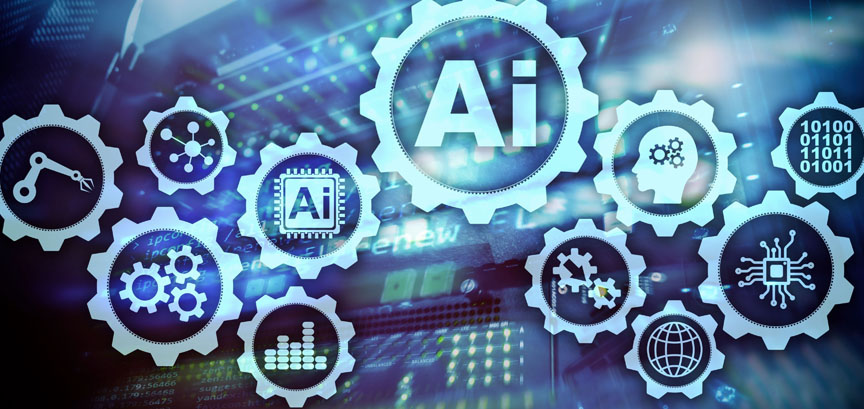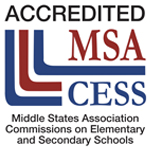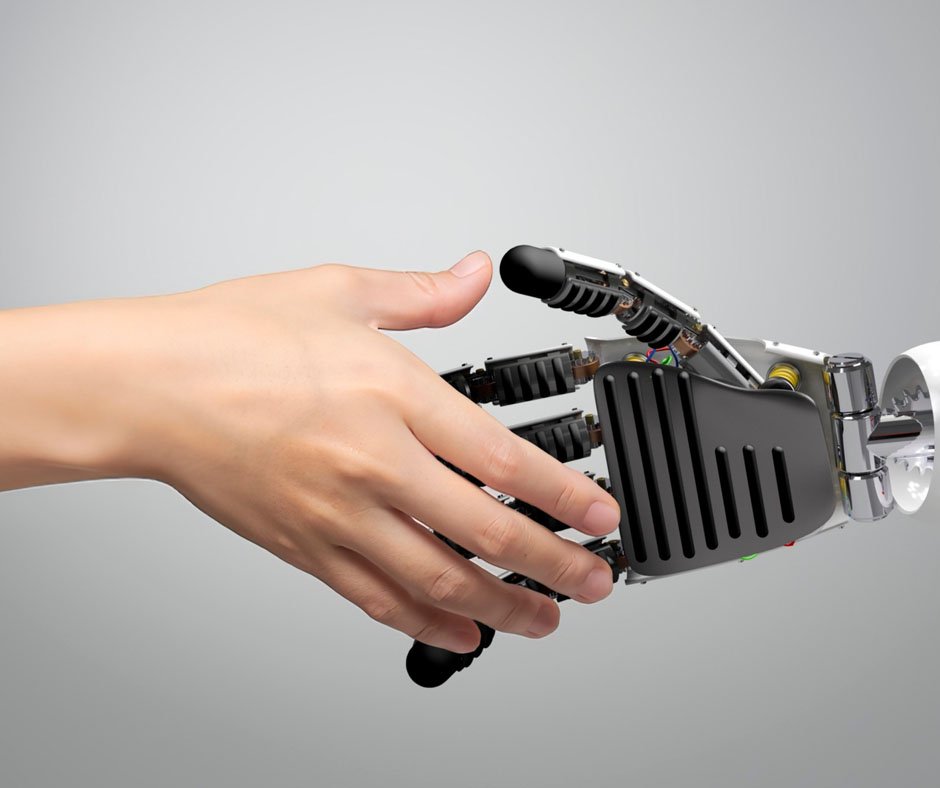

In the rapidly evolving landscape of education, technology continues to shape the way students learn and engage with academic content. One of the most groundbreaking developments in recent years is the rise of generative artificial intelligence (AI). A recent study titled “The Advancement of Personalized Learning Potentially Accelerated by Generative AI” sheds light on how AI is revolutionizing personalized learning, creating opportunities for tailored educational experiences that cater to individual student needs.
How Generative AI Enhances Personalized Learning
Generative AI has the potential to transform education by customizing learning experiences to match a student’s unique strengths, weaknesses, and interests. By analyzing data from student interactions, AI-powered tools can suggest relevant materials, create practice exercises, and even provide real-time feedback to help students master concepts at their own pace.
Some key benefits of AI-driven personalized learning include:
Adaptive Content Delivery: AI can generate lesson plans and assignments that align with a student’s progress, ensuring they receive the right level of challenge without feeling overwhelmed.
Instant Feedback and Support: AI tutors and chatbots can provide instant explanations, clarifying difficult concepts and encouraging deeper understanding.
Enhanced Engagement: Interactive and AI-generated content, such as simulations, quizzes, and gamified learning experiences, can make lessons more engaging and effective.
Addressing Concerns: Striking the Right Balance
While generative AI presents numerous advantages, it also raises concerns about over-reliance on technology in the learning process. Educators and researchers caution against allowing AI to replace critical thinking, problem-solving skills, and traditional teaching methods.
Some key challenges include:
Dependency on AI: Overuse of AI-generated solutions may hinder students from developing independent analytical skills.
Equity and Access: Not all students have equal access to AI-driven learning tools, which may widen the digital divide.
Data Privacy and Ethics: The collection of student data for AI personalization raises ethical considerations regarding privacy and security.
The Role of Educators in AI-Enhanced Learning
Rather than viewing AI as a replacement for traditional teaching, educators can leverage AI as a complementary tool to enhance instruction. By integrating AI thoughtfully, schools can foster a balanced approach where technology supports, rather than dictates, the learning process. Teachers can use AI-driven insights to identify learning gaps, tailor interventions, and provide personalized mentorship.
Our Technology Department Director, Hema Iyengar, shares insights on how our school incorporates AI into learning and her observations on its impact in the classroom.
“In my middle school technology class, students use AI tools during coding to identify and fix errors independently, enhancing their debugging skills. I have also begun leveraging AI to check students’ work for common misunderstandings and adjust my teaching as needed. While ensuring the appropriate use of AI guidance remains a challenge, my goal is to teach students to use these tools for quick feedback on simple errors. The integration of AI in my classroom is gradually shifting my role from explaining and correcting syntax to mentoring students in advanced computational logic.”
“Since incorporating AI to help fine-tune rubrics for the writing process—from brainstorming to final drafts—my students now understand that writing is formative and evolves through stages. Generative AI has been an efficient tool for customizing rubrics and differentiating existing summative assessments to meet students at their individual levels.” – Yasmeen Villafranca – Middle School Language Arts Teacher
Conclusion
Generative AI is poised to redefine personalized learning, offering students a dynamic and adaptive educational experience. However, the key lies in responsible implementation—ensuring AI serves as an enhancement rather than a substitute for human interaction and critical thinking. As schools and educators embrace these advancements, a well-balanced approach will be essential in preparing students for a future where technology and learning go hand in hand.
At Cedar Hill Prep, we remain committed to innovative learning strategies that empower students to thrive in an ever-changing world. By staying informed about advancements like generative AI, we continue to shape a future where education is more engaging, inclusive, and effective.







